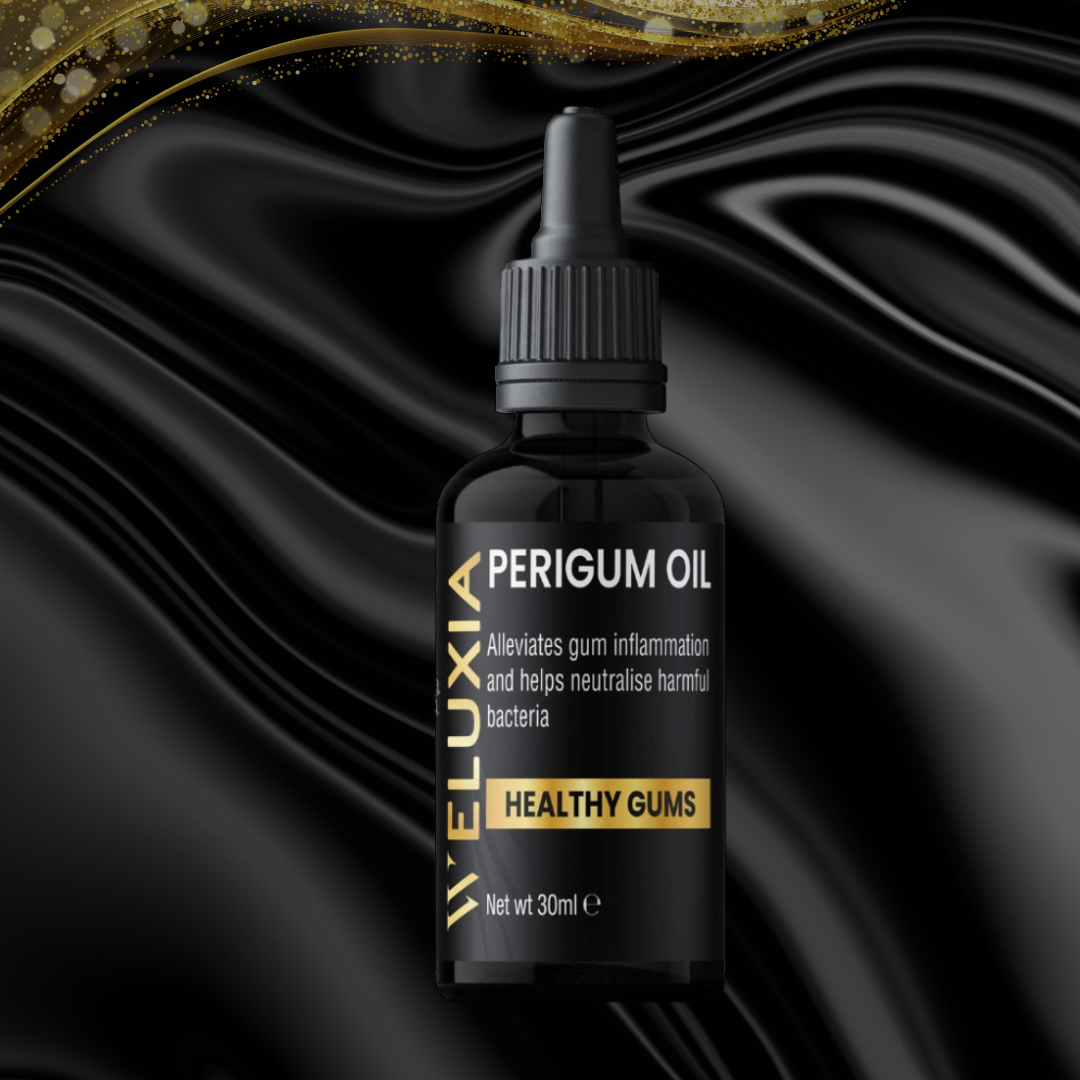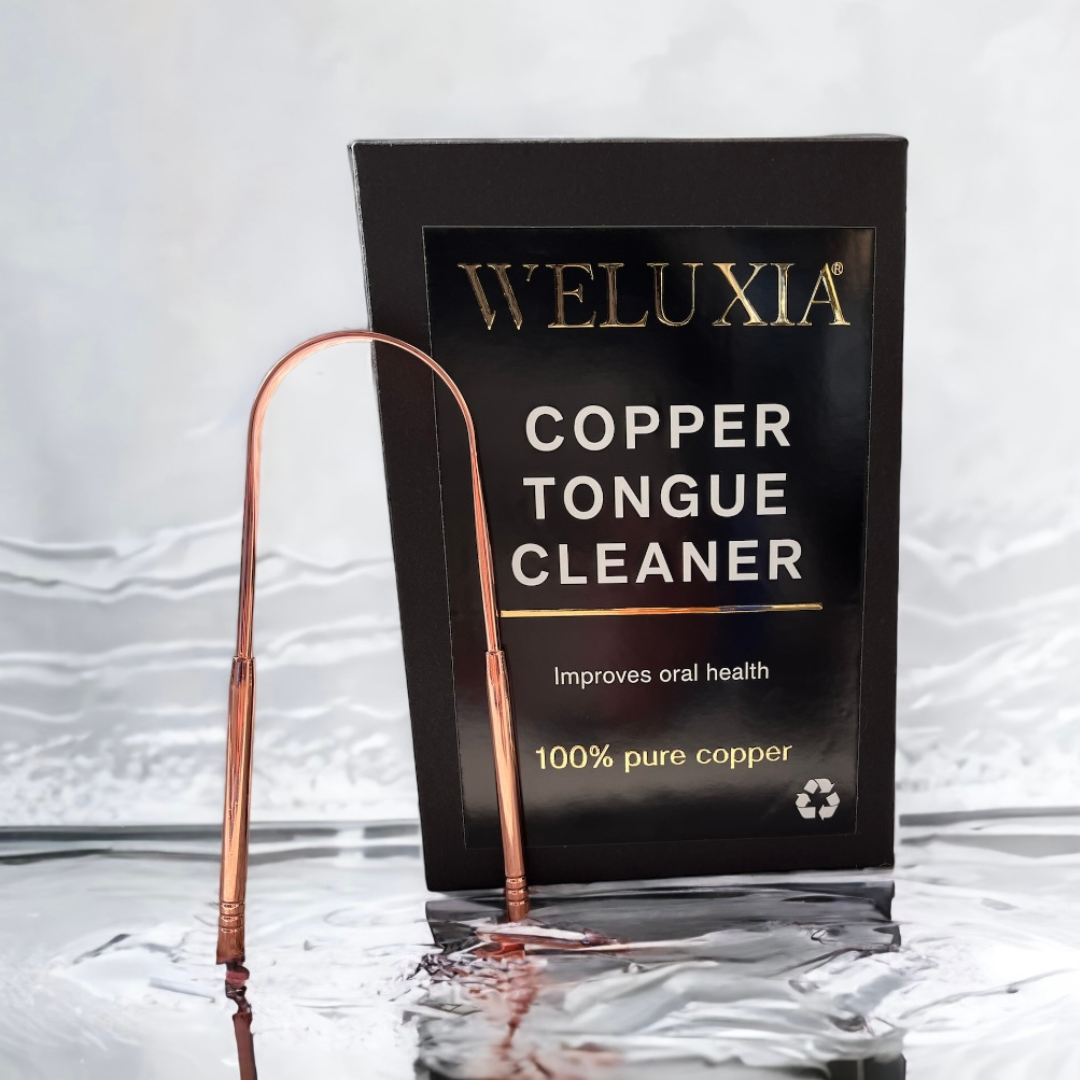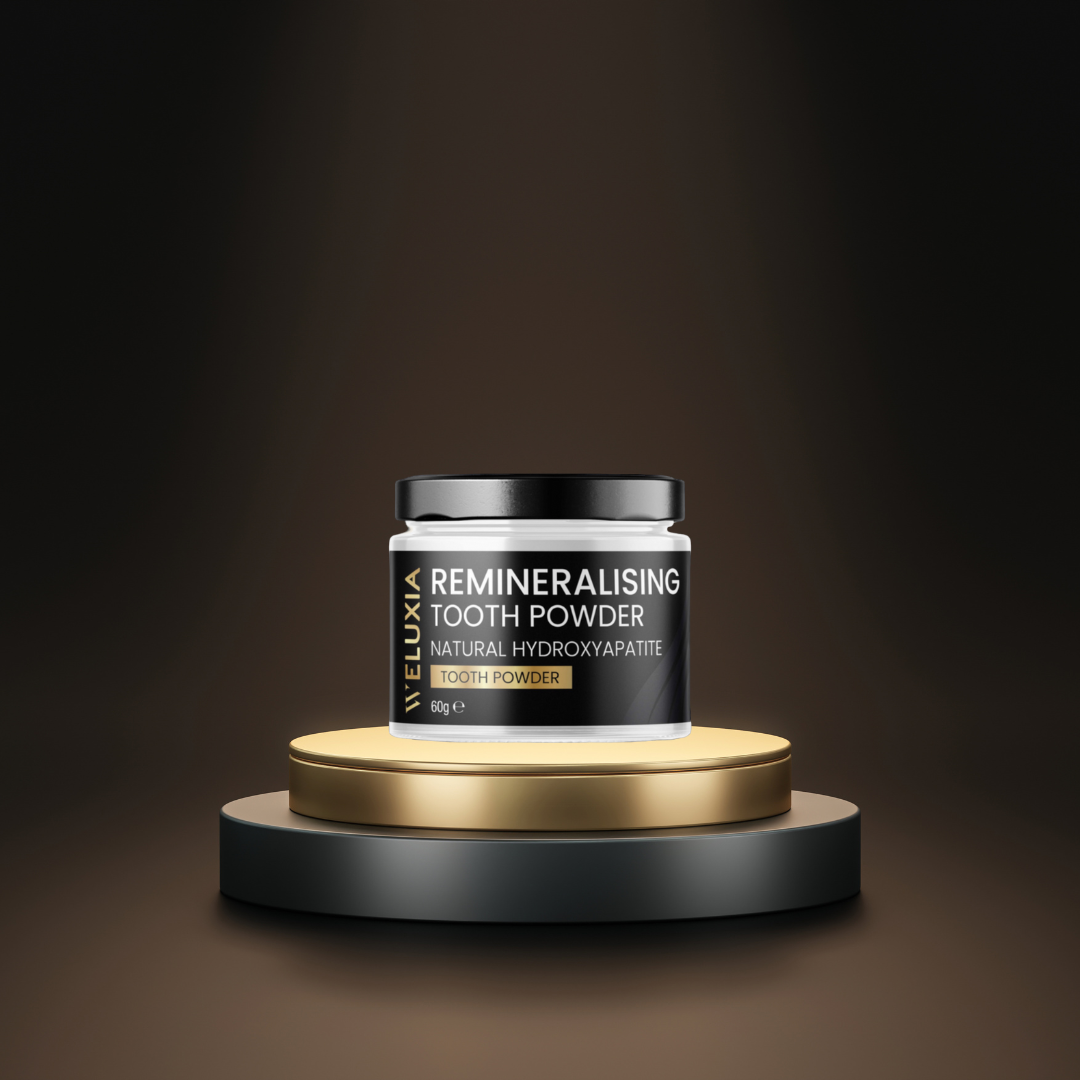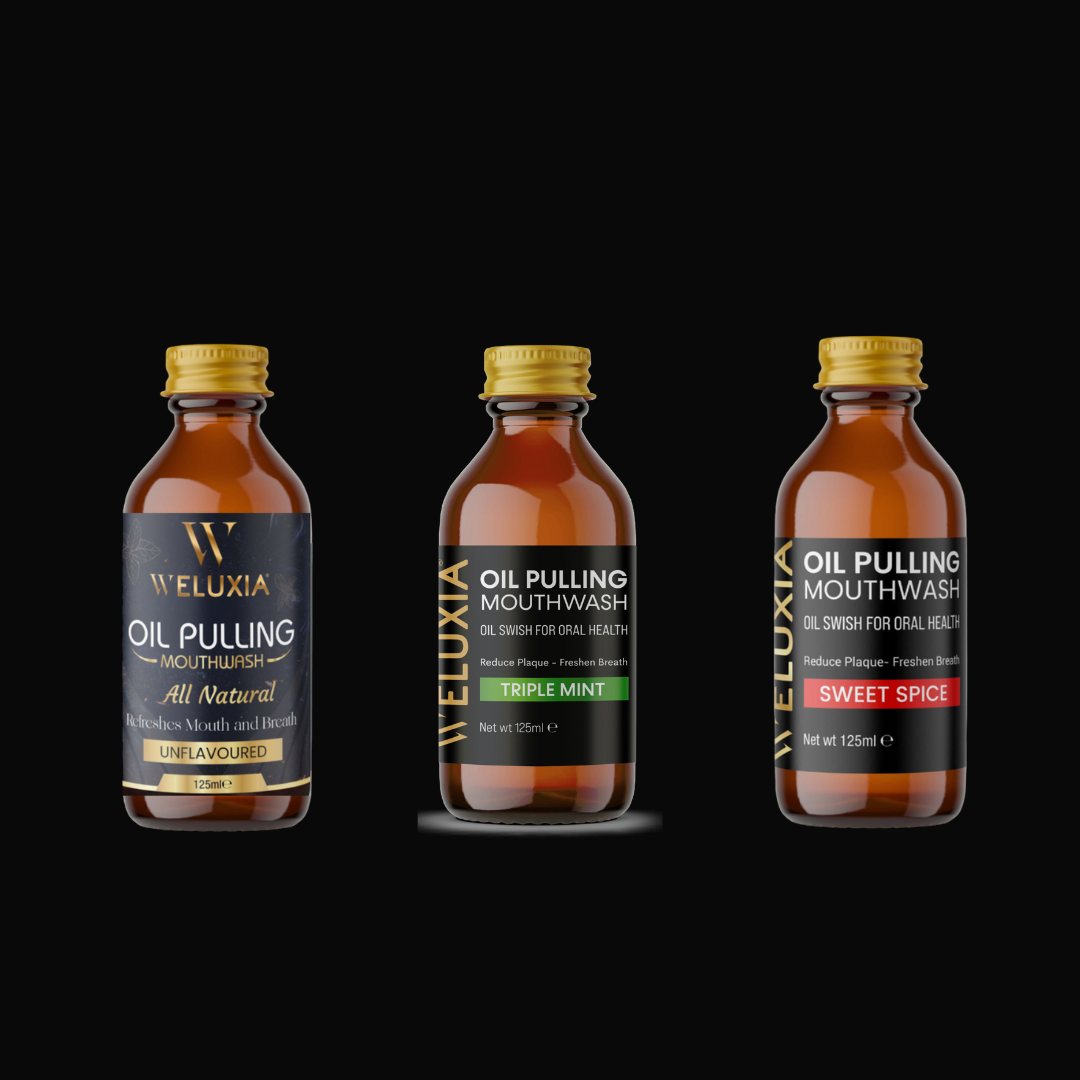Oil pulling, an ancient practice originating from Ayurvedic medicine, offers a range of benefits for oral health. By swishing oil in the mouth, oil pulling can effectively reduce harmful bacteria, improve gum health, prevent bad breath, and even help prevent cavities. It is a natural and easy-to-use remedy that can be incorporated into daily oral hygiene routines. Scientific studies have shown the positive impact of oil pulling on oral microbiome and its effectiveness against bacteria such as Streptococcus mutans. While more research is needed to fully understand the potential benefits, oil pulling has gained popularity as a holistic approach to maintaining oral health.
Exploring the Ancient Practice of Oil Pulling
Oil pulling is an ancient practice with roots in Ayurvedic medicine, a traditional system of medicine from India. It has been used for thousands of years as a natural remedy for a variety of health concerns. Oil pulling involves swishing oil in the mouth for a certain period of time, typically around 15-20 minutes, before spitting it out. It is believed to have originated in India and has since spread to other parts of the world. The practice is based on the principle that swishing oil in the mouth can help remove toxins and promote overall oral health. Oil pulling has gained popularity in recent years for its potential benefits and ease of use.
The Impact of Oil Pulling on Oral Microbiome
The oral microbiome plays a crucial role in maintaining oral health. It consists of hundreds of bacteria that reside in the mouth. While some bacteria are beneficial, others can cause problems such as tooth decay, gum disease, and bad breath.
The Role of Bacteria in Oral Health
Bacteria in the oral cavity can either promote oral health or contribute to oral diseases. Certain bacteria, such as Streptococcus mutans, are known to cause tooth decay by producing acid that erodes tooth enamel. Other bacteria, like Porphyromonas gingivalis, can lead to gum disease by triggering inflammation.
Oil Pulling's Effectiveness Against Streptococcus mutans
Oil pulling has been found to be effective in reducing the levels of Streptococcus mutans in the mouth. This bacterium is a major contributor to tooth decay, and by minimizing its presence, oil pulling helps prevent cavities and promotes better oral health.
Studies on the Microbial Shift Post-Oil Pulling
Several studies have examined the microbial shift that occurs after oil pulling. These studies have shown a decrease in harmful bacteria and an increase in beneficial bacteria in the oral microbiome. This shift towards a more balanced bacterial ecosystem can have a positive impact on oral health and overall well-being.

Overall, the findings from these studies indicate that oil pulling can positively influence the oral microbiome, reducing the presence of harmful bacteria while increasing the abundance of beneficial bacteria. This microbial shift is associated with better oral health outcomes and highlights the potential of oil pulling as a natural and effective oral hygiene practice.
Oil Pulling for Detoxification – Fact or Myth?
One of the claims associated with oil pulling is its ability to detoxify the body. Supporters of oil pulling believe that it can pull toxins from the blood and improve overall detoxification. However, there is no scientific evidence to support these claims. While oil pulling can have positive effects on oral health, including reducing harmful bacteria and preventing dental issues, its impact on detoxification is not backed by scientific research. It is important to approach the benefits of oil pulling critically and not rely on it as a sole method of detoxification.
While proponents of oil pulling claim that it can remove toxins from the blood, the lack of scientific evidence prevents us from confidently stating that oil pulling is an effective method of detoxification. Detoxification involves the removal of harmful substances from the body, typically through the liver, kidneys, and other organs. While oil pulling may offer some oral health benefits, such as reducing harmful bacteria and preventing dental issues, its impact on detoxification remains unproven.
Detoxification is a complex process that requires the involvement of various bodily systems. It is best achieved through a combination of a healthy diet, regular exercise, and adequate hydration. If you are looking to detoxify your body, it is important to focus on lifestyle choices that support overall health rather than relying solely on oil pulling.
It is worth noting that oil pulling should not replace traditional medical treatments or professional dental care. If you have specific health concerns or dental issues, it is important to consult with a healthcare professional for proper diagnosis and treatment.
Oil Pulling Technique: A Step-by-Step Guide
To fully reap the benefits of oil pulling, it is crucial to perform the technique correctly. Follow this step-by-step guide to ensure effective and safe oil pulling.
Choosing the Right Oil for Oil Pulling
When it comes to oil pulling, selecting the right oil is essential. Certain oils have properties that can enhance the oral health benefits of this technique. Consider using the following oils:
- Coconut oil: Known for its antimicrobial properties and pleasant taste.
- Sesame oil: Contains compounds that may help reduce plaque and gingivitis.
- Sunflower oil: Has potential benefits for oral health and can be a suitable option for oil pulling.
- Olive oil: While less commonly used, it may still provide positive effects on oral health.
How to Integrate Oil Pulling into Your Daily Routine
You can easily incorporate oil pulling into your daily oral hygiene routine by following these steps:
- Measure out 1 tablespoon (15 mL) of Weluxia Oil Pulling Mouthwash
- Swish the oil in your mouth for about 10 minutes. Make sure to move it around all areas of your mouth, including the front, back, and sides.
- Avoid swallowing the oil, as it may contain harmful bacteria and toxins that you want to remove from your mouth.
- Spit the oil into a trash can. Avoid spitting it into the sink or toilet, as it can potentially clog the pipes.
- Rinse your mouth with water and brush your teeth as usual to remove any residual oil.
To seamlessly integrate oil pulling into your daily routine, consider doing it while showering in the morning or during any other part of your daily self-care regimen. Start with shorter durations, such as 5 minutes, and gradually increase the time until you reach the recommended 15 minutes. Consistency is key for optimal results.
Oil Pulling: The Natural Solution for Gum Disease and Gingivitis
Gum disease, including gingivitis, is a common oral health issue caused by inflammation of the gums. The bacteria in plaque can contribute to gum disease and other oral health problems. Oil pulling has shown promise in reducing inflammation, improving gum health, and preventing gum diseases. By reducing harmful bacteria and plaque in the mouth, oil pulling has the potential to support gum health and prevent gingivitis. While it is not a substitute for professional dental care, incorporating oil pulling into a comprehensive oral hygiene routine may provide additional benefits for gum health.
Oil pulling for gum disease and gingivitis can be a natural and effective approach to maintaining oral health. By swishing oil in the mouth, the antibacterial properties of the oil can help reduce the harmful bacteria that contribute to gum disease. Additionally, the action of swishing the oil may help dislodge plaque and debris from the gums, promoting healthier gum tissue. Oil pulling is a simple and affordable method that can easily be integrated into one's daily oral hygiene routine. However, it is important to emphasize that oil pulling should not replace regular visits to the dentist for professional dental care.
Incorporating oil pulling into your oral hygiene routine may help alleviate the symptoms of gum disease and prevent its progression. It is recommended to consult with a dentist to determine the best approach for your specific oral health needs and to ensure that oil pulling is combined with regular dental care. By using oil pulling as a complementary method, you can optimize your oral health and potentially improve the condition of your gums.
"Oil Pulling" Unveiled
Oil pulling is an Ayurvedic oral hygiene practice that involves swishing oil in the mouth for a certain amount of time. The goal of oil pulling is to remove harmful bacteria, reduce plaque build up, and promote overall oral health. Although the practice has ancient roots, it has gained popularity in recent years as people seek natural remedies for oral health issues. While scientific research on oil pulling is ongoing, many anecdotal reports suggest its effectiveness in improving oral health. However, it is important to approach oil pulling as a complementary practice to regular dental care and consult with a dentist for any specific oral health concerns.
Teeth Whitening and Oil Pulling: The Connection
Teeth whitening is a common goal for many people seeking a brighter smile. While some claim that oil pulling can whiten teeth, there is currently no scientific evidence to support this claim. Oil pulling is primarily focused on improving oral health by reducing harmful bacteria and preventing dental issues. While it may have positive effects on overall oral hygiene, its impact on tooth colour is not well-established. For effective and safe teeth whitening, it is recommended to consult with a dentist or use dentist-approved whitening products.

Strengthening the Body's Defence: Oil Pulling as a Protective Measure
Oil pulling not only promotes oral health but also has the potential to strengthen the body's defence mechanisms. By reducing harmful bacteria in the mouth, oil pulling may help prevent the spread of oral pathogens to other parts of the body. Maintaining good oral health is important for overall well-being and can contribute to a healthy immune system. While more research is needed to fully understand the extent of oil pulling's impact on the body's defence mechanisms, incorporating it into a comprehensive oral hygiene routine may offer additional protective benefits.
Oil pulling is a simple yet powerful technique that has been used for centuries to improve oral health. By swishing oil in the mouth, oil pulling can help remove harmful bacteria, reduce plaque build up, and improve overall gum health. It is a natural and effective method that can be easily incorporated into daily oral hygiene routines.
Furthermore, the benefits of oil pulling extend beyond oral health. By reducing the number of harmful bacteria in the mouth, oil pulling may also help prevent the spread of these pathogens to other parts of the body. This can have a positive impact on overall well-being and contribute to a healthier immune system.
While more research is needed to fully understand the extent of oil pulling's impact on the body's defence mechanisms, the existing evidence suggests that it can be a valuable protective measure. Incorporating oil pulling into a comprehensive oral hygiene routine, along with regular dental care, can help strengthen the body's natural defence system and promote overall health.
As with any health practice, it is important to approach oil pulling as a complementary method and consult with a dentist for any specific oral health concerns. Oil pulling should not replace regular dental care or be relied upon as the sole means of maintaining oral health. However, when used in conjunction with other oral hygiene practices, oil pulling has the potential to offer additional protective benefits.
Comparing Oil Pulling with Conventional Oral Hygiene Methods
Oil pulling has gained attention as a natural alternative to traditional oral hygiene methods, such as mouthwash. While both methods aim to improve oral health, there are important differences between the two.
Traditional Mouthwash Versus Oil Pulling
Traditional mouthwash typically contains chemical ingredients such as alcohol and artificial flavourings. While it can effectively kill bacteria and freshen breath, some individuals may experience side effects such as dry mouth or an allergic reaction to the ingredients.
On the other hand, oil pulling relies on the use of natural oils with antimicrobial properties. Common oils used for oil pulling include coconut oil, sesame oil, and sunflower oil. These oils are believed to effectively reduce harmful bacteria in the mouth, improve gum health, and promote overall oral hygiene.
Measuring the Effectiveness: Clinical Studies on Oil Pulling
Scientific studies have been conducted to evaluate the effectiveness of oil pulling compared to traditional mouthwash. These studies have shown promising results, particularly in reducing harmful bacteria and improving oral health markers.
For example, a study published in the Journal of Clinical and Diagnostic Research found that oil pulling with sesame oil significantly reduced plaque index compared to a control group. Another study published in the Journal of Contemporary Dental Practice found that oil pulling with coconut oil showed a significant reduction in salivary Streptococcus mutans, a bacteria known to contribute to tooth decay.
While these studies provide valuable insights into the potential benefits of oil pulling, it is important to note that more research is needed to fully understand the benefits and limitations of this practice compared to conventional oral hygiene methods.
| Study | Key Findings |
|---|---|
| Journal of Clinical and Diagnostic Research | Sesame oil pulling reduced plaque index significantly. |
| Journal of Contemporary Dental Practice | Coconut oil pulling led to a significant reduction in salivary Streptococcus mutans. |
Understanding the Best Oils for Oil Pulling and Their Properties
Different oils can be used for oil pulling, each with its own unique properties and potential benefits. When choosing the best oil for oil pulling, it's important to consider factors such as antimicrobial properties, taste, and overall oral health benefits.
Health Attributes of Coconut Oil in Oil Pulling
Coconut oil is a popular choice for oil pulling due to its numerous health attributes. It contains lauric acid, a medium-chain fatty acid that has been shown to have antimicrobial properties. Lauric acid can help reduce harmful bacteria in the mouth, promoting oral health and preventing dental issues.
Additionally, coconut oil has a pleasant taste, making the oil pulling experience more enjoyable. The natural sweetness of coconut oil can provide a refreshing feeling during the swishing process.
Coconut oil is also widely available and affordable, making it accessible to individuals interested in incorporating oil pulling into their oral hygiene routine.
Analysing the Efficacy of Sesame Oil and Others
In addition to coconut oil, sesame oil is another commonly used oil for oil pulling. Sesame oil has been recognized for its potential benefits in reducing plaque build up and gingivitis. Studies have shown that sesame oil pulling can help improve gum health and promote overall oral hygiene.
Other oils, such as sunflower oil and olive oil, may also have positive effects on oral health. Sunflower oil, for example, is rich in vitamin E and has antioxidant properties that can support gum health. Olive oil, known for its anti-inflammatory properties, may help reduce gum inflammation and support overall oral health.
Each oil has its own unique properties and potential benefits, so it's important to experiment and find the oil that works best for your individual needs and preferences.
Overall, understanding the health attributes and properties of different oils can help individuals choose the best oil for their oil pulling routine, promoting optimal oral health and overall well-being.
The Pros and Cons of Oil Pulling: Weighing the Benefits and Risks
Like any health practice, oil pulling comes with its own set of pros and cons. The potential benefits of oil pulling include reducing harmful bacteria, improving oral health, and promoting overall well-being. Oil pulling is a natural and inexpensive remedy that can easily be incorporated into daily oral hygiene routines.
However, it is important to consider the potential risks and limitations of oil pulling. While it can be beneficial for oral health, oil pulling should not replace regular dental care. It is crucial to continue visiting a dentist for routine check-ups and professional cleanings to ensure comprehensive oral care.
Furthermore, more scientific research is needed to fully understand the effectiveness of oil pulling and its limitations. While some studies have shown positive results, the evidence is still somewhat limited. It is important to approach oil pulling with a critical mindset and not solely rely on it as a sole method of oral care.
Consulting with a dentist is essential for any specific oral health concerns and to receive personalized advice on incorporating oil pulling into an individual's oral hygiene routine. Dentists can provide guidance on the proper technique, duration, and frequency of oil pulling to maximize its potential benefits.
Conclusion
In conclusion, oil pulling is an ancient practice that offers potential benefits for oral health and overall well-being. By swishing oil in the mouth, oil pulling can help reduce harmful bacteria, improve gum health, prevent bad breath, and potentially prevent dental issues. While more research is needed to fully understand the extent of its benefits, oil pulling can be a complementary addition to regular dental care.
One of the advantages of oil pulling is its simplicity and affordability. It can easily be integrated into daily oral hygiene routines, making it accessible to individuals seeking natural remedies for oral health issues. However, it is important to approach oil pulling critically and not rely on it as a sole method of oral care.
Consulting with a dentist is essential for addressing any specific oral health concerns and ensuring a comprehensive oral hygiene routine. While oil pulling has gained popularity for its potential benefits, it should be viewed as a complementary practice alongside regular dental care.









